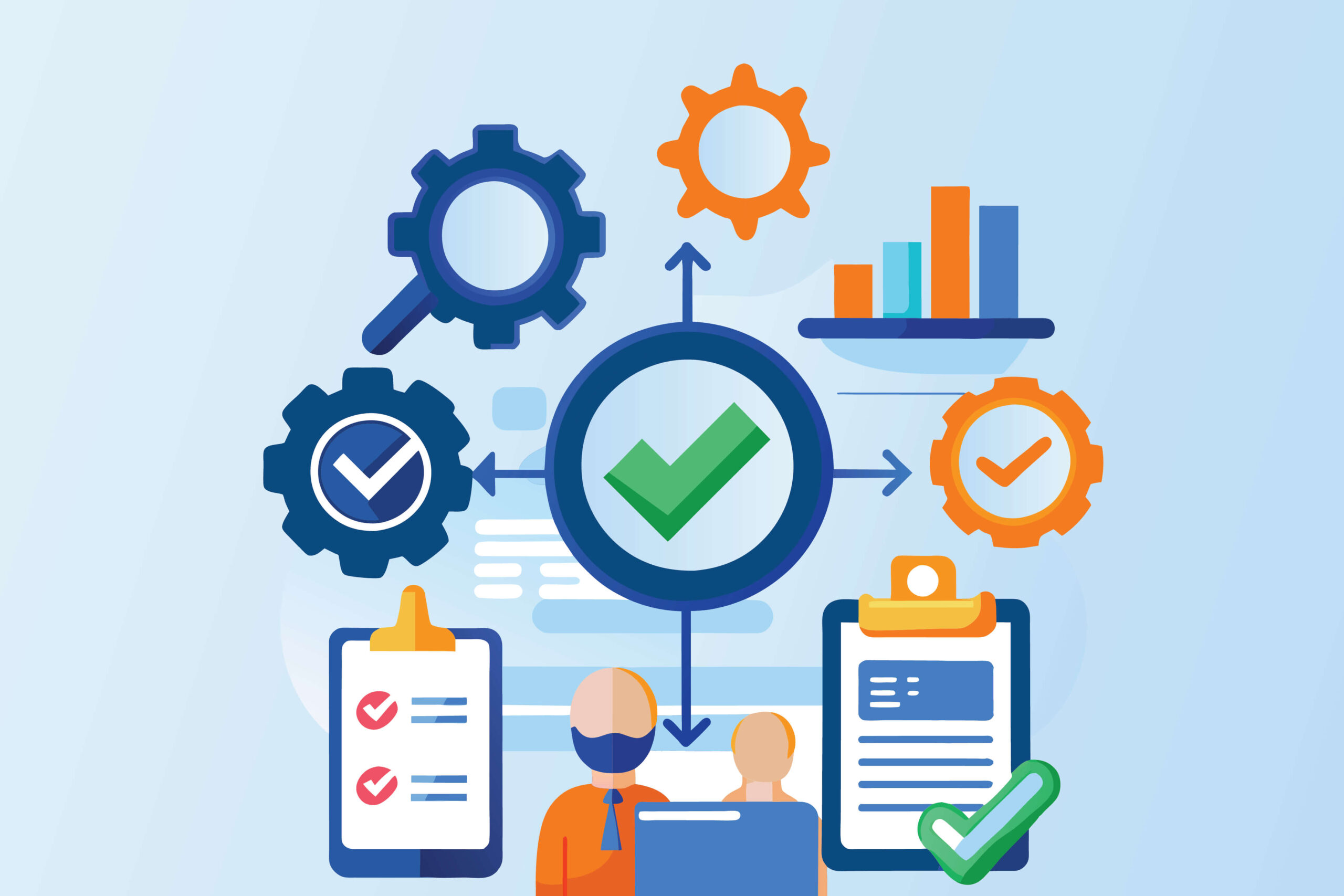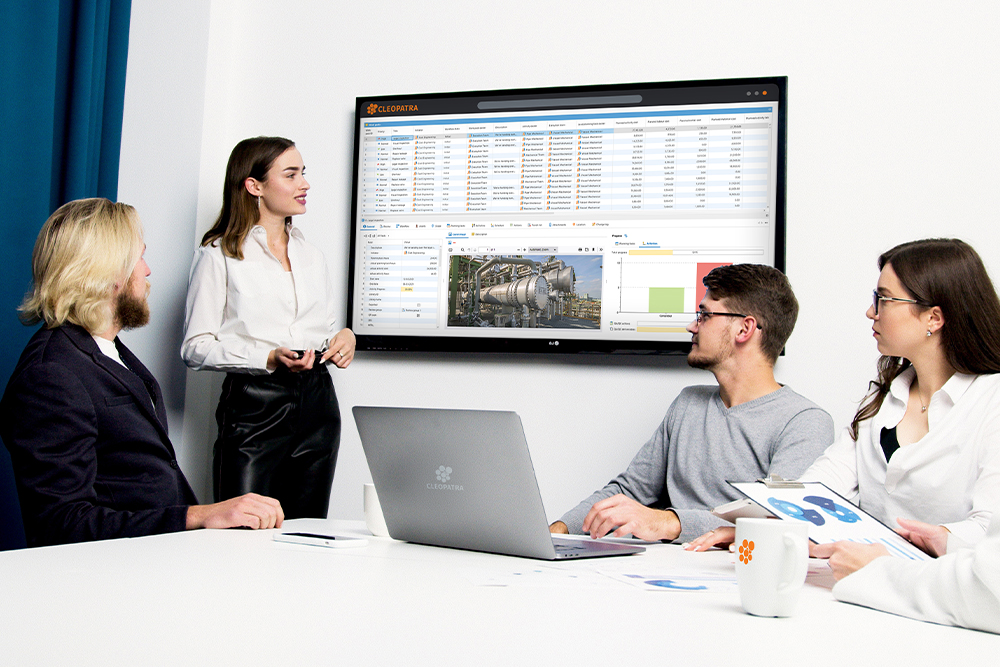Blog by Jos van der Stelt
We are currently experiencing the Industry 4.0 revolution, where advanced digital technologies are blending with traditional industrial practices. Industry 4.0 revolutionizes heavy industry by integrating advanced technologies like the Internet of Things (IoT) and AI into operations. This allows for predictive maintenance, which reduces equipment downtime and improves efficiency. It improves efficiency through real-time data collection and analysis. Additionally, digital twins enable simulation and optimization of processes without disrupting day-to-day operations.
This revolution offers greater efficiency, flexibility, and constant connectivity. However, businesses face many challenges on the path to adapting these new technologies and realizing their benefits. Two key problems stand out: helping your workforce acquire the necessary skills and overcoming resistance to change.
Training for Tomorrow
The transition to Industry 4.0 is not just a technological upgrade; it’s a fundamental shift in the way work is performed. Workforce adaptation is a critical aspect of this transition, requiring a strategic approach to upskilling and reskilling employees. As automation and AI become more prevalent, the demand for new skills such as data analytics, machine learning, and cybersecurity increases. Adapting the current workforce to acquire these new skills will be a challenge for a lot of companies.
To get existing employees up to speed on the new digital and programming skills required by the automation of heavy industry, companies can take several steps:
- Provide Comprehensive Training Programs: Implement structured training programs that focus on digital literacy, programming, and the specific technologies being integrated into operations.
- Offer Continuous Learning Opportunities: Encourage ongoing education through workshops, online courses, and certifications to keep employees updated on the latest advancements.
- On-the-Job Training: Utilize hands-on training and mentorship programs where experienced employees and external experts guide others in applying new skills in real-world scenarios.
- Create a Supportive Learning Environment: Foster a culture of continuous improvement and support, where employees feel encouraged to learn and ask questions without fear of failure.
- Utilize E-Learning Platforms: Incorporate flexible, online learning platforms that allow employees to learn at their own pace and revisit materials as needed.
Resistance to Change
Resistance to change is another significant challenge in the digital adaptation journey. Employees may feel threatened by new technologies, fearing job loss or the inability to adapt to new roles. To address cultural resistance to change in Industry 4.0, it’s essential to cultivate an organizational culture that embraces innovation and views technological advancements as opportunities for growth. To overcome this resistance, you can work with one of our implementation consultants (in CC) to ensure that we can cover your requirements.
As such, we can also prepare our demonstration/showcase in more detail and show exactly what you would like to see. After this call, we can make a go/no-go decision to move forward with a demonstration/showcase and schedule another timeslot.
- Communicate Transparently: Clearly explain the benefits of Industry 4.0 and how it can improve job roles and create new opportunities, addressing fears directly.
- Involve Employees Early: Engage employees in the transition process, seeking their input and involving them in decision-making to foster a sense of ownership.
- Provide Reassurance and Support: Offer job security assurances where possible and provide robust support systems, including counseling and mentorship, to help employees navigate the transition.
- Invest in Training and Development: Provide comprehensive training programs to equip employees with the skills needed for new job requirements, emphasizing continuous learning and development.
- Highlight Success Stories: Share examples of successful transitions within the company or industry to demonstrate that adapting to new technologies can be positive and manageable.
Conclusion
In conclusion, it’s not just the complexity that makes it hard for people to adapt to Industry 4.0 technologies. Addressing the necessary skills for your workforce and cultural resistance to change on a managerial level is vital for the successful integration of new technologies. By focusing on these areas, businesses can enhance their competitiveness and secure their place in the future of heavy industry.
Our Expertise with Cleopatra Enterprise
At the heart of our understanding of these challenges is our hands-on experience. We’ve implemented Cleopatra Enterprise across the globe, which has given us a profound insight into the human and cultural intricacies of digital transformation.
This experience has not only allowed us to witness the transformative power of technologies but also to develop effective strategies to overcome the hurdles associated with them. Cleopatra Enterprise has a clear focus on increasing its understanding of the complexities involved in adopting Industry 4.0, as it’s crucial to remain the trusted partner in the digital adaptation process.




